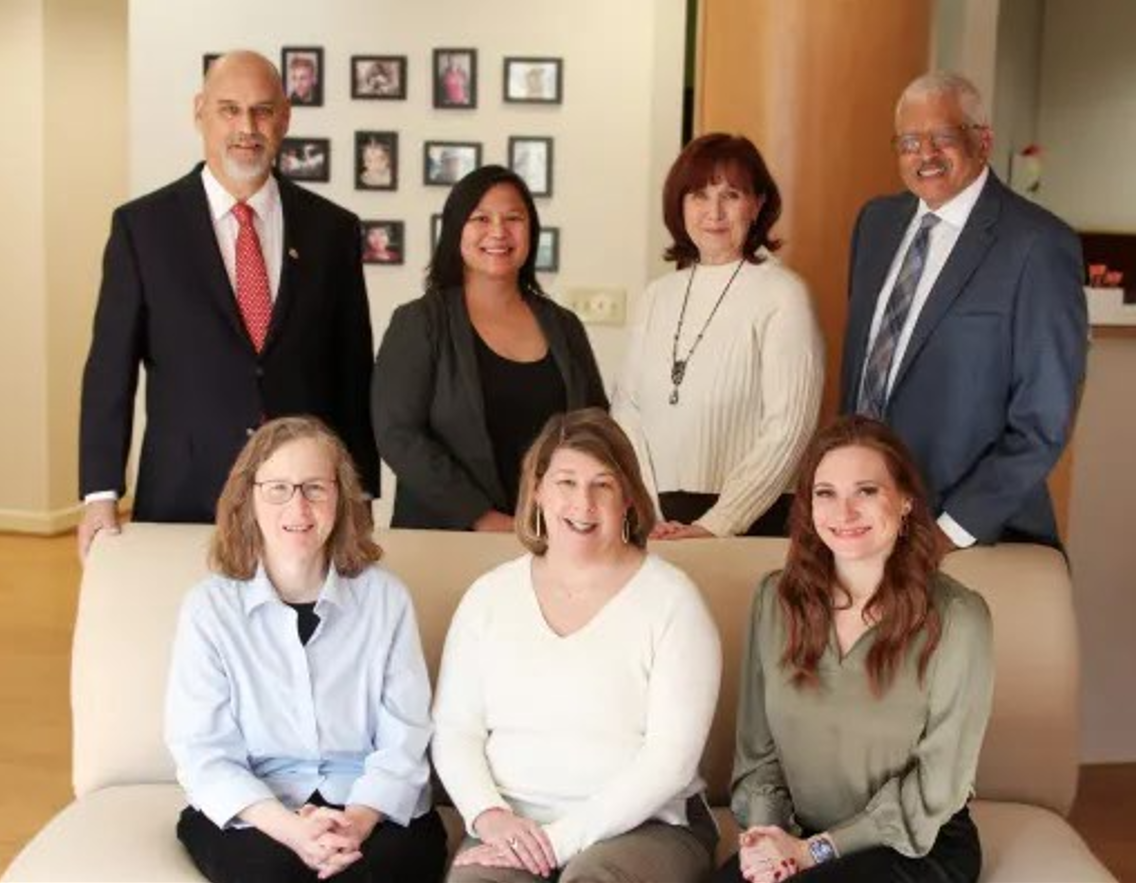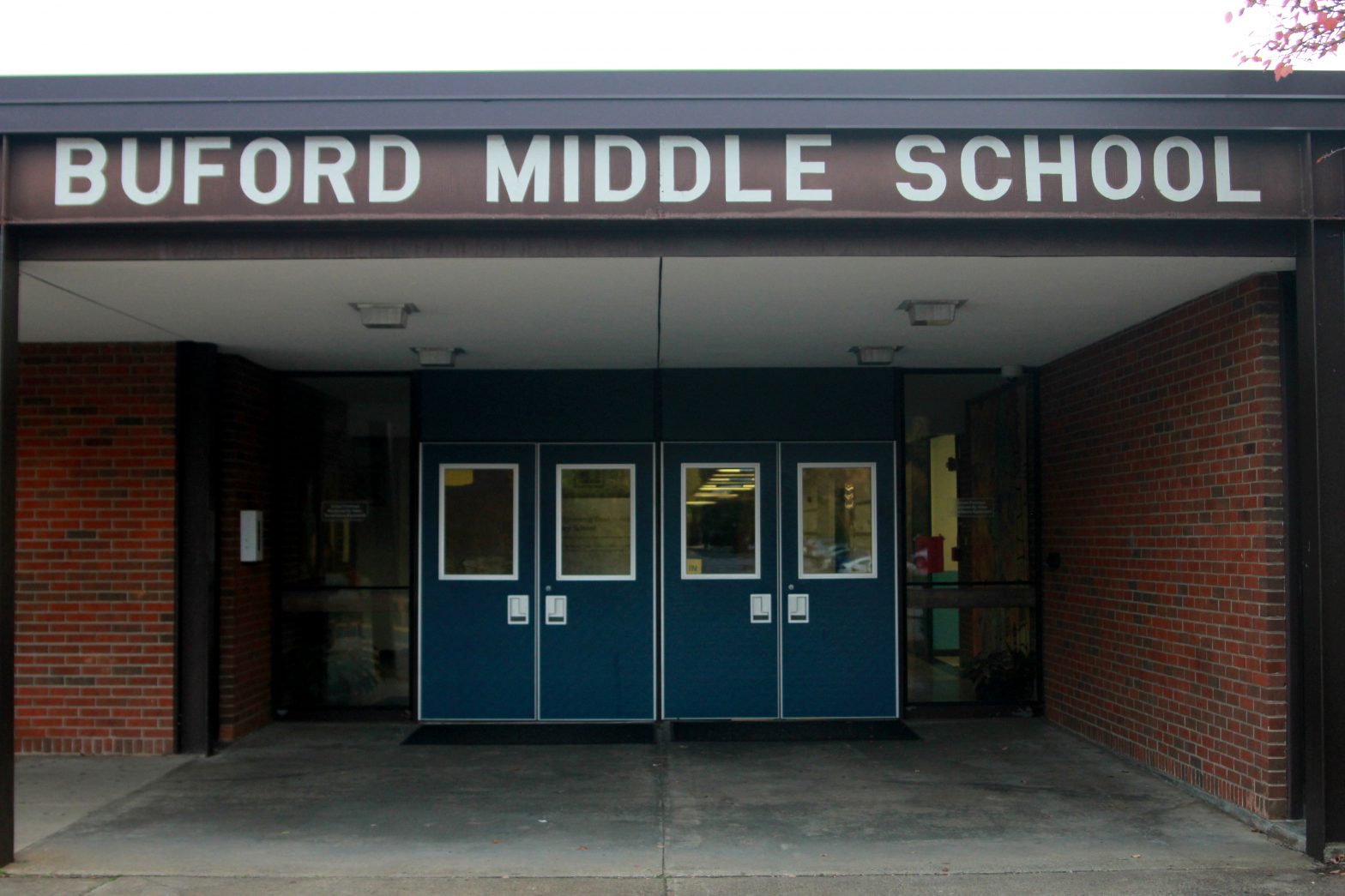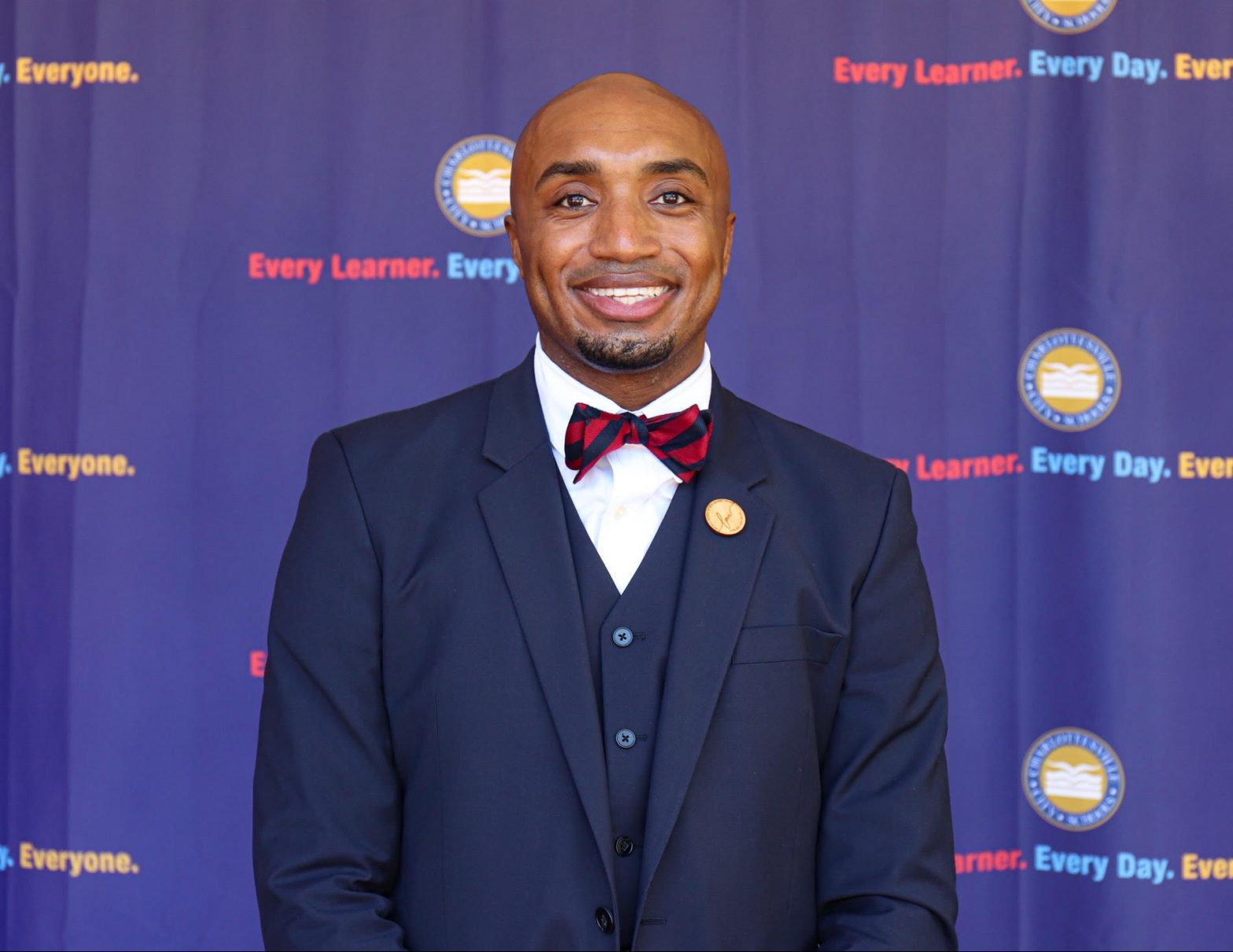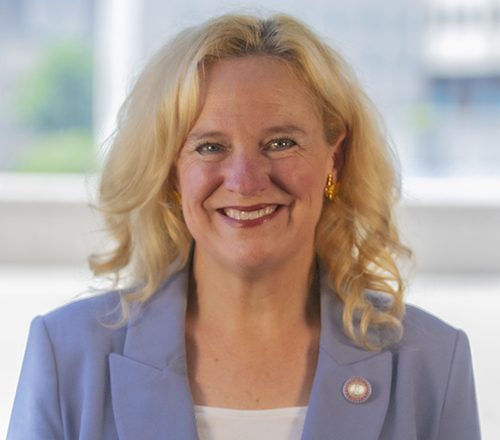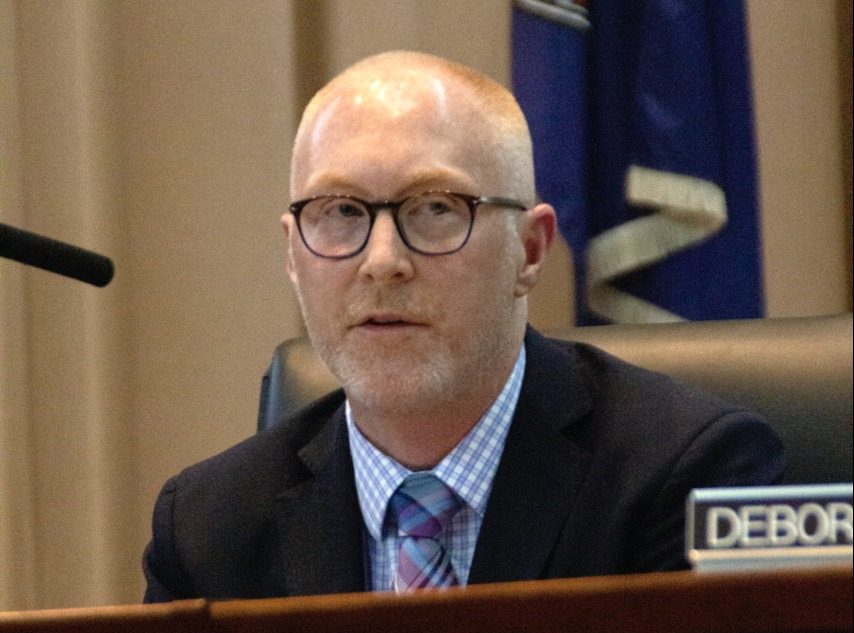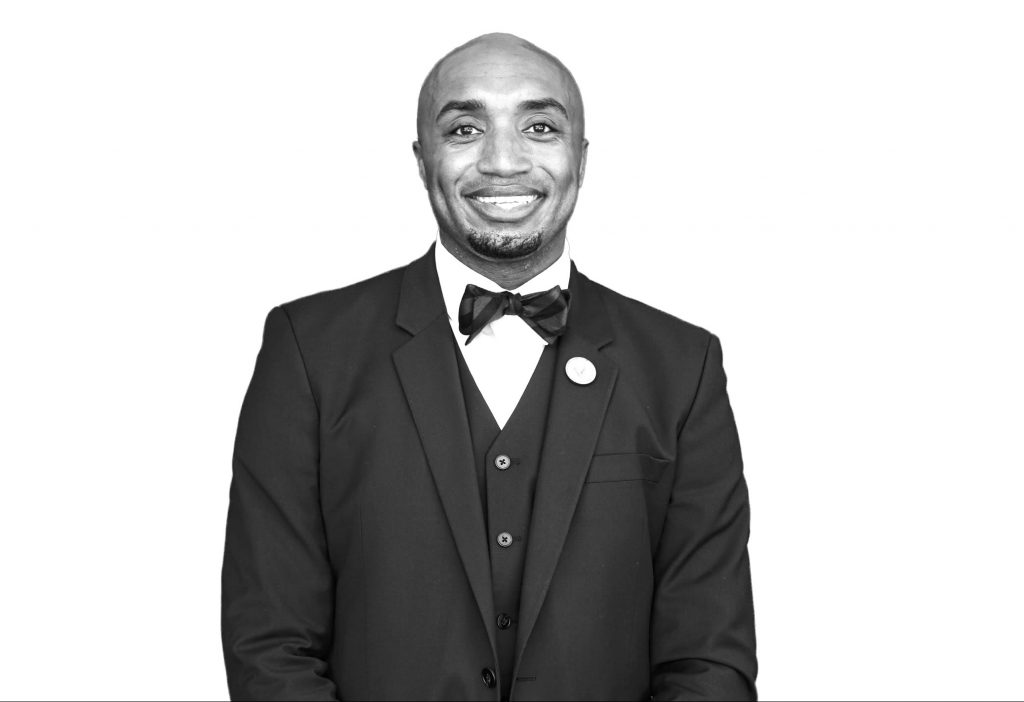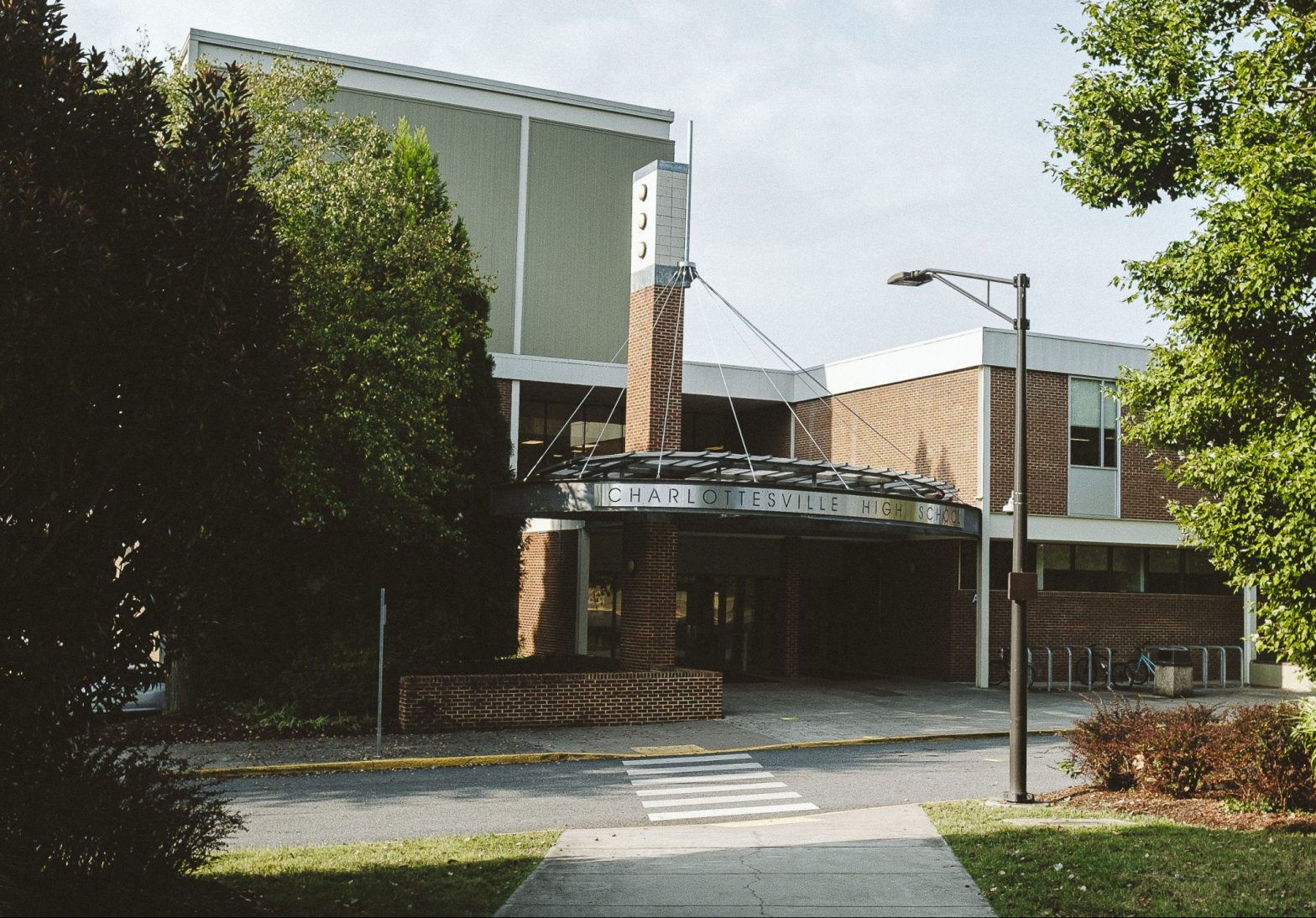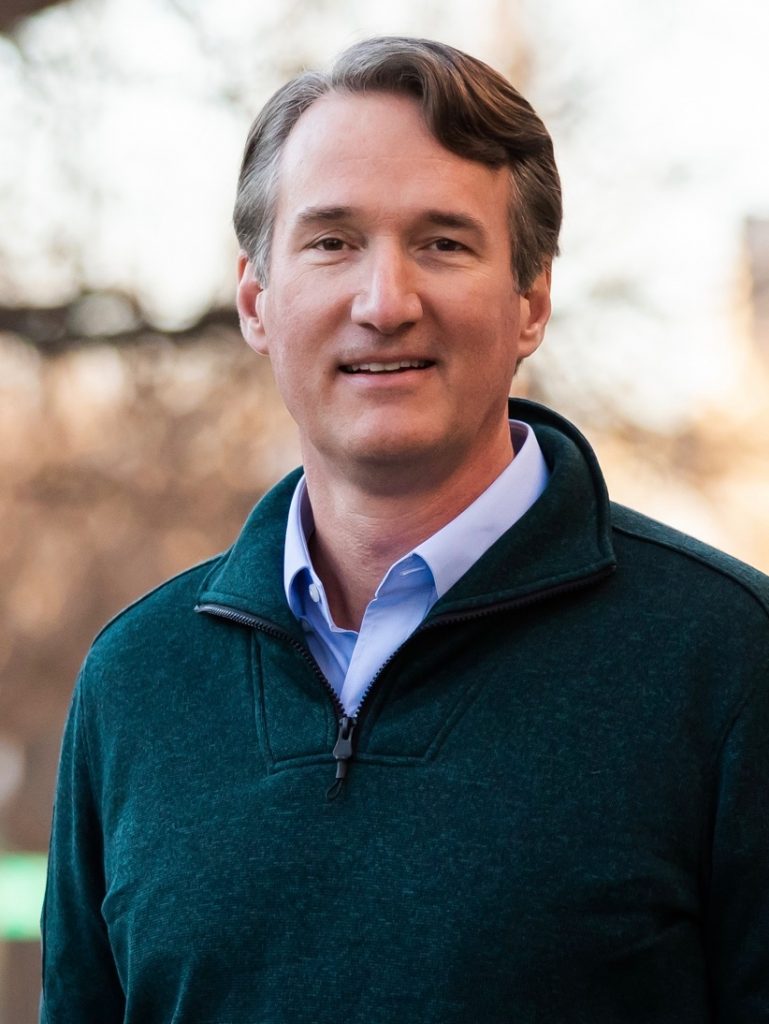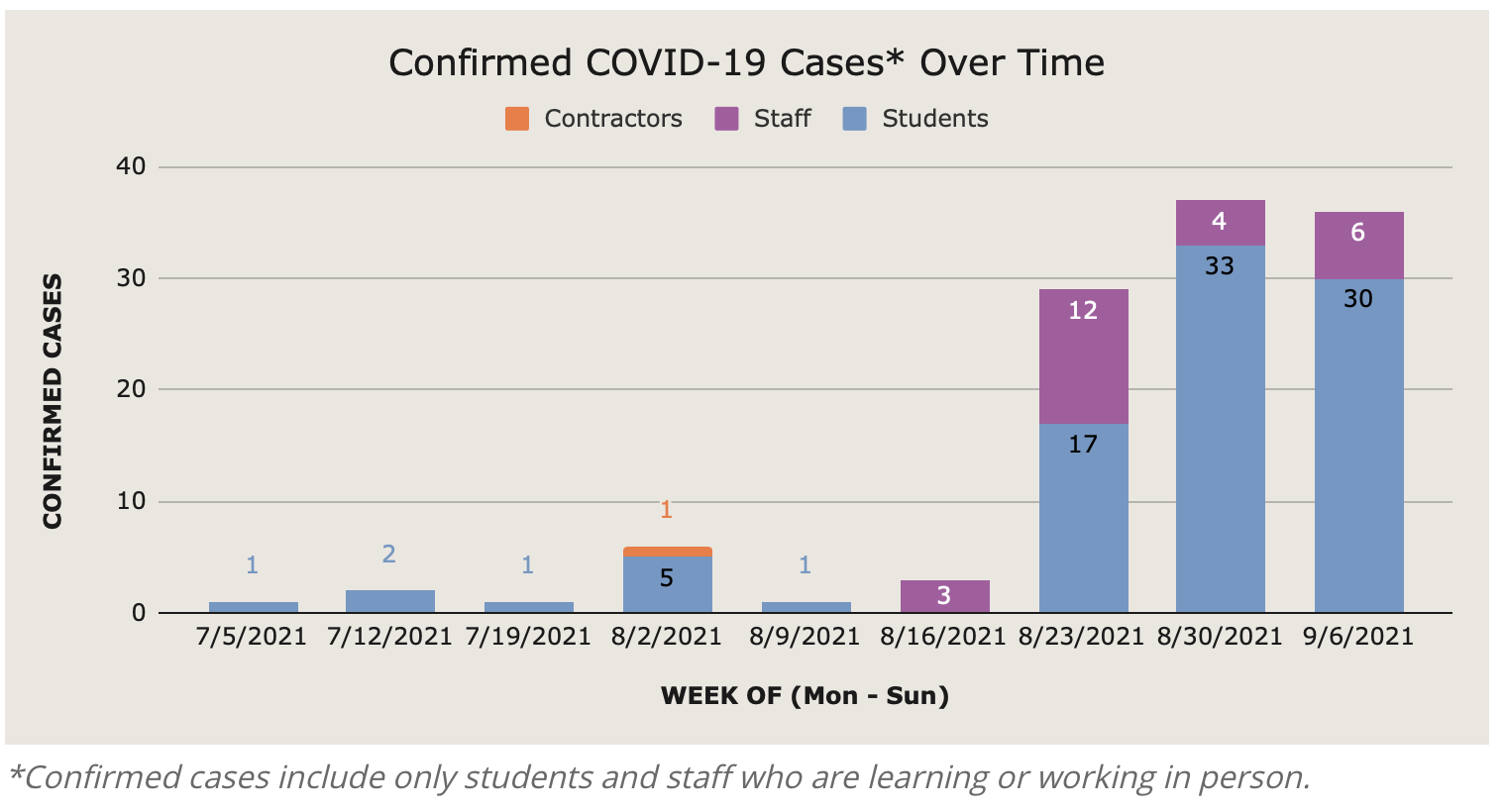The Albemarle County School Board approved a redistricting plan on March 14. While some parents are celebrating, others are less than thrilled that their children will be attending new schools.
The decision to redistrict was prompted by a population surge in the northern part of Albemarle County, and significant overcrowding at Baker-Butler Elementary School. As part of the redistricting recommendation, the district selected the North Pointe site—on Route 29 north of Proffit Road—as the location for the new elementary school. While ACPS is building a new elementary school to support the population growth, current infrastructure challenges make it infeasible to wait until the school’s projected opening in 2029 to redistrict.
With 750 students—more than 200 students over the building’s capacity—Baker-Butler is strained. All fifth grade classrooms have been moved to trailers, but the school is still strapped for space. Several teachers share space, staff rooms have been converted into classrooms, and the school’s physical and occupational therapists are based in the hallway.
Less than 15 minutes away, Stony Point Elementary has an enrollment of only 181 students, and is the smallest school in the county. Low enrollment at the school has led to problems keeping staff and maintaining at least two classes per grade level.
In October 2023, ACPS convened a redistricting committee to determine how to best reorganize elementary school boundaries in two phases. Phase one—the newly passed redistricting recommendation—redraws attendance areas to relieve enrollment concerns during the construction of the new elementary school. Once the new school is completed, school boundaries will be redrawn again, which is phase two of the redistricting.
Committee priorities included zoning neighborhoods together when possible, ensuring efficient transportation routes, and limiting the number of households rezoned in both phases. After months of meetings and a community survey, the ACPS redistricting committee made its recommendation to ACPS Superintendent Matthew Haas in February, and he presented the final recommendation to the school board on February 22.
The final recommendation redistricts 189 students, moving 42 students from Stone-Robinson to Stony Point Elementary; 88 students from Baker-Butler to Hollymead Elementary; and 59 students from Woodbrook to Agnor-Hurt Elementary.
The most contentious element of the plan was the movement of students from Stone-Robinson to Stony Point Elementary—32 percent of 758 respondents expressed no support for that in the community survey conducted in early February.
Ahead of the school board vote, several parents addressed representatives in a public hearing on the redistricting.
Advocates for redistricting spoke about the close-knit community at Stony Point Elementary and the logic of adding the Cascadia neighborhood to the attendance area.
“We relocated to Albemarle County two years ago specifically because of the unique rural character of the northern part of the county,” said Clinton Key, a Stony Point parent. “When we moved here we didn’t know anyone, and the generosity and inclusivity of the school’s leadership, its staff, and its community were essential to the success and quality of the experience my children had of joining the Albemarle community.”
“We would strive to be more of a school family by adding the neighborhood of Cascadia specifically,” said Stony Point parent Anika Johnson. “It would be a wonderful addition, because our children play at the same playgrounds, ride bikes together, [and] our sidewalks connect to each other’s neighborhoods.”
Opponents to the redistricting expressed concerns about the recommendation not effectively addressing overcrowding and equity issues, among other items.
“This proposed plan is not equitable, nor does it adequately address the phase one objectives of the redistricting initiative of rebalancing enrollment across the northern feeder pattern,” said Rupert Egan. Specific issues raised by Egan include the addition of trailers to Hollymead, and the plan’s failure to truly address overcrowding at Baker-Butler.
“Cascadia is not a good fit for Stony Point’s needs,” said Cascadia resident and Stone-Robinson parent Colin Thomas, who argued the new neighborhood’s potential demographic variations would be difficult for the small elementary school to handle. “As a smaller school, Stony Point is less able to handle enrollment unpredictability than a larger school like Stone-Robinson.”
Ahead of the vote, several members of the school board spoke about redistricting difficulties. Chair Judy Le talked to her constituents in the Rivanna District, which was the area most heavily impacted by the redistricting.
“I have given immense consideration to this vote, because as a parent I understand the ramifications both positive and potentially negative,” said Le. “There is no reason that Stony Point should continue to have difficulty staffing due to its size, there’s no reason Baker-Butler should continue to burst at the seams. And the recommendation Dr. Haas has made to us is the most equitable way to do the things we need to do.”
The redistricting recommendation passed unanimously, and will go into effect for the 2024-25 school year with a one-year exemption for families of rising fifth graders.
